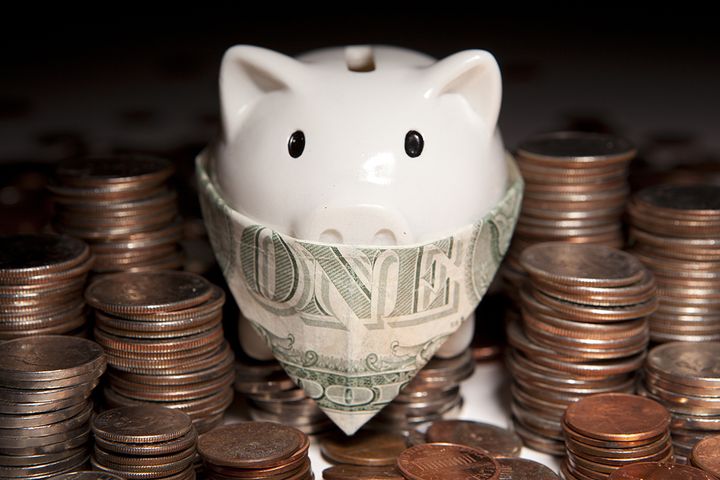 China Outs CNY80 Billion in Rat Trading Over Three and a Half Years, Big Data Is CSRC's Rat-Catcher
China Outs CNY80 Billion in Rat Trading Over Three and a Half Years, Big Data Is CSRC's Rat-Catcher(Yicai Global) July 10 -- Chinese law bars securities practitioners from using undisclosed information gained via their professions to predict stock price changes and thereby obtain profits.
China Securities Regulatory Commission (CSRC) and the Ministry of Public Security released law enforcement information on July 7 about the crime of exploiting undisclosed information to conduct transactions, commonly known as rat trading.
The CSRC has opened 99 rat trading investigations since 2014 and has referred 83 cases allegedly involving criminal wrongdoing and covering transactions worth some CNY80 billion to police, data show. This means a probe into insider trading has been instituted every two and a half months over the last three and a half years, and 80 percent of results were turned over to police, with each case involving USD12.12 million (CNY808 million) on average.
The Big-Data smart monitoring platform of the Shenzhen Stock Exchange Supervision Center started operations in 2013. It can track over 100 million transaction records a day and process more than 20 years of data online. By tracing, fitting and backtracking historical transaction data, the market supervision department targets clues to abnormal trades in which several suspicious accounts follow asset management products to simultaneously buy and sell stocks.
Previously, most rat traders were fund managers or researchers aiding them. However, those that law enforcement officials gave scant notice to before such as fund traders, practitioners in the insurance asset management industry and even top executives now engage in rat trading and have adopted new methods.
"For the next step, the CSRC will explore cross-department information sharing and press for the release of judicial interpretations for rat trading," said CSRC spokesperson Gao Li.
Aside from rat trading, the CSRC also disclosed on the same day a case in which a practitioner privately bought and sold securities for clients. Authorities confiscated his illicit profits, imposed a fine three times their amount and banned him from the securities market for five years.
China has reported 17 new cases of practitioners buying and selling stocks illegally since the first half of this year, up 112 percent from a year ago, data show.